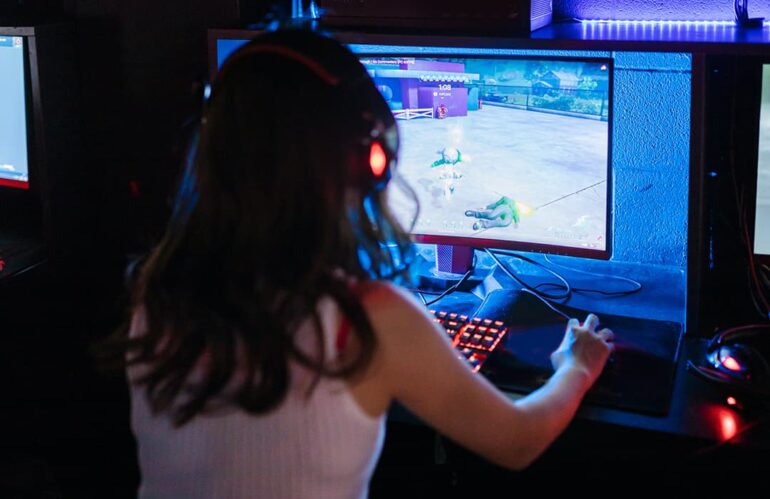The Game Economy Designer (or Game Economist) is responsible for designing, balancing, and maintaining the economic component of games. For example, if a game allows players to collect and store gold, the Game Economy Designer has to determine: how to get this gold, how much and for what actions; how to spend the accumulated gold; what is the upper limit of accumulation and if there is any at all, etc.
As for specific responsibilities, we are talking about
- forming the basic balance of game currencies;
- balancing rewards in activities;
- creation of offers for players;
- researching the game’s KPIs;
- analysis and adjustment of deficits/surpluses of game currencies.
In a strategy like Forge of Empires, the calculation will also be based on time, but the role will be played not by character leveling, but by the development of a city or village. And in the case of Clash of Clans, a strong emphasis is placed on the time of building a structure. This does not affect the game’s economy, but it is important for monetization and the total time a person spends in this game. For example, the main building of the 20th level takes three days to build – this time is needed to emphasize that the player is really moving to a new stage, to motivate him.
In addition to the economy and time, there is also monetization. Let’s take F2P – it is the only source of income for them. Therefore, the team introduces special “crutches” to motivate players to pay a dollar or two. For example, they add a paid option to speed up the construction of a building by two hours. And many such purchases occur when a player has already started doing something but does not have time or does not want to wait longer. This is often an impulsive purchase, which, however, plays into the studio’s hands.
Both the list of tasks of a Game Economy Designer and who he or she has to communicate with most directly depend on the company and its structure. After all, somewhere an economic designer may be alone, and somewhere he/she may work in a team of similar specialists. In addition, he or she may additionally perform the functions of a game designer, data analyst, system designer, etc. The standard rule usually applies: smaller team means more responsibilities.
Most often, you have to deal with the game design department (Game Designers, Level Designers), as well as the Product Manager and the producer. The least such a specialist cooperates with marketers and developers. Communication with the latter is mainly limited to the creation of tools that will facilitate their work (for example, help them edit variables in the game build).
Typical tasks include:
- express analysis of KPIs;
- working with analyst reports;
- calculations for new functionalities and optimization of existing ones.
- meetings for the presentation of new functionality;
- analysis of revenue deviations, etc.


